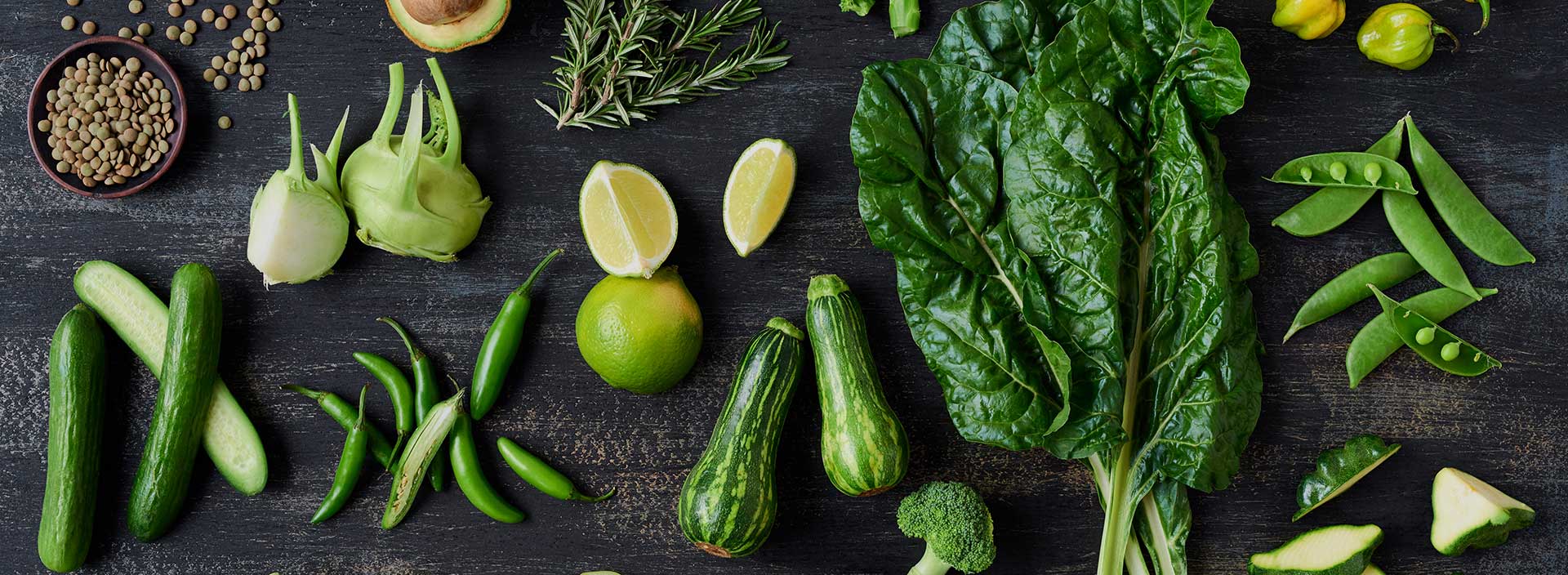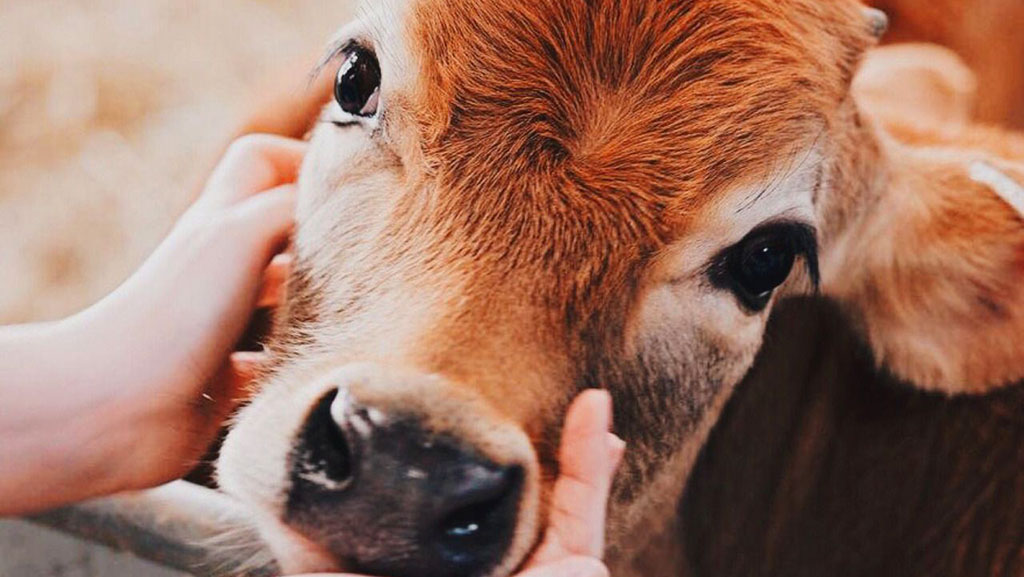

Veganism, or vegan lifestyle, is a philosophy and way of life that tries to avoid all forms of exploitation and persecution of animals for food, clothing or any other purpose, as far as possible and practicable.

Those who take this view are in favor of using alternatives that do not use animals for the benefit of animals, people and the environment. When considered as a diet, it refers to the practice of giving up all products obtained from animals completely or partially.
There are many ways to adopt the vegan lifestyle today. But what they all have in common is not eating meat, not using dairy products, including fish, shellfish and insects, and avoiding all animal foods such as eggs and honey. It is also to avoid animal sourced products, products tested on animals, and places that use animals for recreation.
This movement, which was first started with the idea of getting rid of the exploitation of animals by humans towards the end of the 1940s, soon turned into the idea of ending the use of animals by humans for a product, work, hunting or entertainment.
In fact, vegans find a whole new world of rich foods and flavors other than animal products. The vegan diet is richly diverse and includes all kinds of fruits, vegetables, nuts, grains, seeds and legumes, with endless combinations possible. This is well suited for a vegan diet if favorite things, from pastries to pizza, are made with plant-based ingredients.
Of course, it's not just about diet. People who practice the vegan lifestyle avoid exploiting animals for any purpose. Today, animal products and products that are tested on animals are ubiquitous, from clothing to accessories to even bath and make-up products. According to estimates, there are around 50 thousand alternative products registered in the vegan brand.
The drug issue is somewhat sensitive. Almost all drugs today are tested on animals to prove they are safe for human use. But avoiding drugs is no more important than losing health for this reason. In this regard, when possible, drugs that do not contain animal products such as gelatin or lactose can be requested, but cannot be abandoned altogether. Today, there are many institutions that do not test on animals.
The vegan lifestyle (veganism) is becoming more and more popular. In recent years, many vegan products have appeared in stores. Vegans generally choose to avoid animal products for one or more reasons such as ethical, health and environmental concerns.
Ethical vegans believe that all animals have the right to life and freedom. Therefore, an animal opposes to end its life only to consume its meat, drink its milk, or wear its skin. Moreover, it is claimed that these products have alternatives.
Ethical vegans oppose the psychological and physical stress that animals can endure as a result of modern farming practices. For example, ethical vegans denounce small pens and pens where animals live and perhaps never leave between birth and slaughter. It opposes some agricultural activities, such as the forced feeding of geese for foie gras, the grinding of live male chicks for more egg production.
Some people choose veganism because of its potential health effects. For example, plant-based diets lower the risk of heart disease, diabetes, Alzheimer's, cancer and premature death. Some people prefer veganism to avoid side effects associated with antibiotics and hormones used in modern animal agriculture. Studies show that vegan diets give lower body weight and body mass index.
People also choose to avoid animal products due to the environmental effects of animal agriculture. A United Nations report claims that animal products require more resources and cause higher greenhouse gas emissions than factory-based options. For example, animal agriculture contributes 65 percent of global nitrous oxide emissions, 40 percent of methane emissions and 9 percent of carbon dioxide emissions. These compounds are the three main greenhouse gases that cause climate change. On the other hand, a lot of water is used in livestock farming (43 times more than is required to obtain the same amount of grain).
All these explanations show that in addition to the need for a large number of analyzes for livestock production, extensive tests are required to know whether the products contain materials that vegans avoid to consume, and to what amount.
EUROLAB tries to stand by vegans with a strong technological infrastructure and experienced and trained staff. In EUROLAB laboratories, it is determined whether suitably labeled ready meals and products for vegans and vegetarians contain trace amounts of meat originating from the production lines shared during the production process or from a contaminated product in the supply chain.
In EUROLAB laboratories, meat and fish species, allergens, adulteration in meat products, honey and many other parameters are tested quickly, safely and with high quality, and the authenticity and traceability of these food products are evaluated. In these tests and analyzes, ELISA, real-time PCR, next generation sequence (NGS) and protein or DNA-based techniques are used. These tests give precise results regarding the presence or absence of meat or fish species in products.
To get an appointment, to get more detailed information or to request an evaluation, you can ask us to fill in our form and reach you.